In 1920s Greenwich Village, Edna St. Vincent Millay wrote Shakespearean sonnets that toppled clichés of love and romance. To probe this unsentimental break-up poetry, host Elisa New speaks with musician Natalia Zukerman, poet Olivia Gatwood, New York Times advice columnist Philip Galanes, writer Leslie Jamison, scholar of Greenwich Village Jeffery Kennedy, and a chorus of National Student Poets.
Interested in learning more? Poetry in America offers a wide range of courses, all dedicated to bringing poetry into classrooms and living rooms around the world.
by Edna St. Vincent Millay
I shall forget you presently, my dear,
So make the most of this, your little day,
Your little month, your little half a year,
Ere I forget, or die, or move away,
And we are done forever; by and by
I shall forget you, as I said, but now,
If you entreat me with your loveliest lie
I will protest you with my favorite vow.
I would indeed that love were longer-lived,
And vows were not so brittle as they are,
But so it is, and nature has contrived
To struggle on without a break thus far,—
Whether or not we find what we are seeking
Is idle, biologically speaking.
I shall forget you presently, my dear,
So make the most of this, your little day,
Your little month, your little half a year,
Ere I forget, or die, or move away,
And we are done forever; by and by
I shall forget you, as I said, but now,
If you entreat me with your loveliest lie
I will protest you with my favorite vow.
I would indeed that love were longer-lived,
And vows were not so brittle as they are,
But so it is, and nature has contrived
To struggle on without a break thus far,—
Whether or not we find what we are seeking
Is idle, biologically speaking.
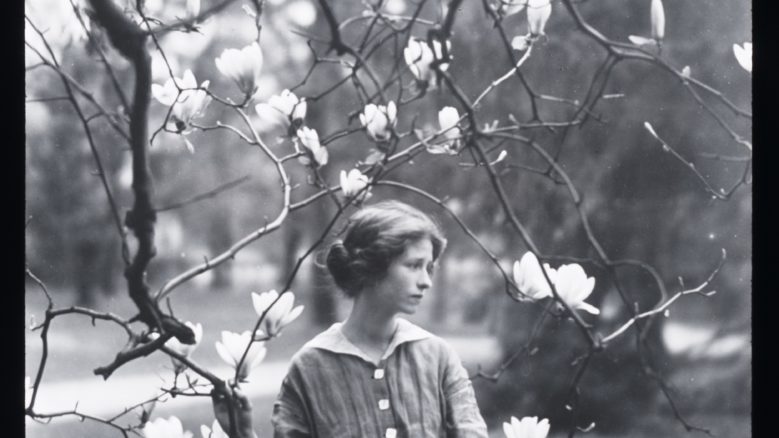
One of the most beloved poets of the 20th century, Edna St. Vincent Millay moved from Camden, Maine, to bohemian New York in 1917, where her daring new voice found its place on the page. Millay's "Sonnet IV" is a prime example of her challenge not only to sexual and gender conventions, but to the way these conventions are expressed poetically. Image credit: Library of Congress.
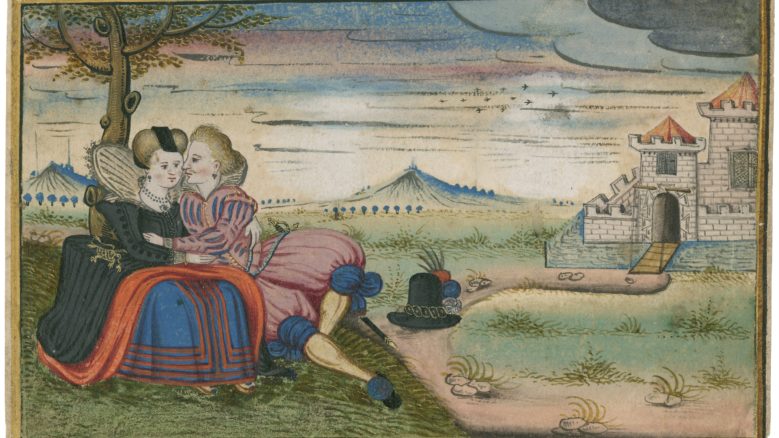
The sonnet form, long associated with the love poetry of Petrarch and Shakespeare, is one of the most enduring poetic forms in the English language. Its fourteen lines have been used—primarily by men—to detail the many pains and pleasures of love. In Millay's hands, however, the sonnet takes on a new view of desire. Image courtesy of Folger Shakespeare Library.
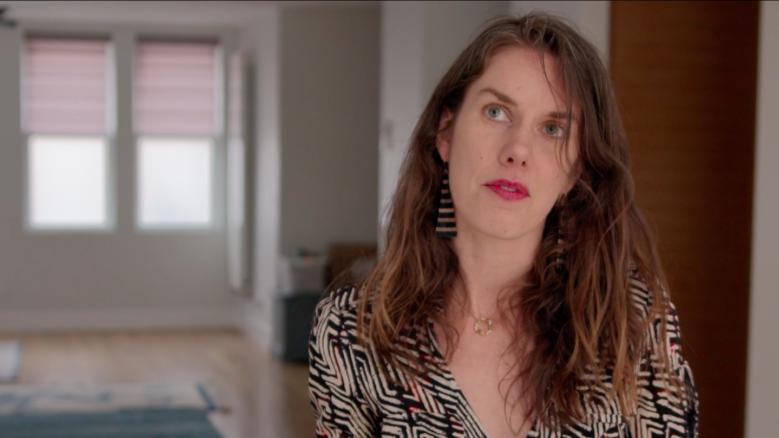
"One of the things that I love about this poem: it has a recognizable shape as a sonnet about romantic love, but of course it's not a love sonnet. It's like an anti-love sonnet." - Author Leslie Jamison
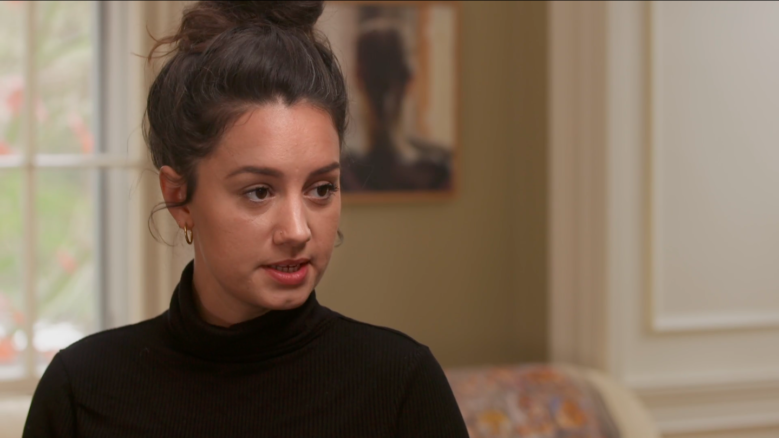
Poet Olivia Gatwood reflects on the historical inextricability of gender and poetics: "Historically, when women are written about in love, which is to say when men write about women, but also maybe when women have been conditioned to write about love, it's with this incredible reliance on someone to validate them. Women are always waiting for a man to choose her, and this is quite literally the opposite."
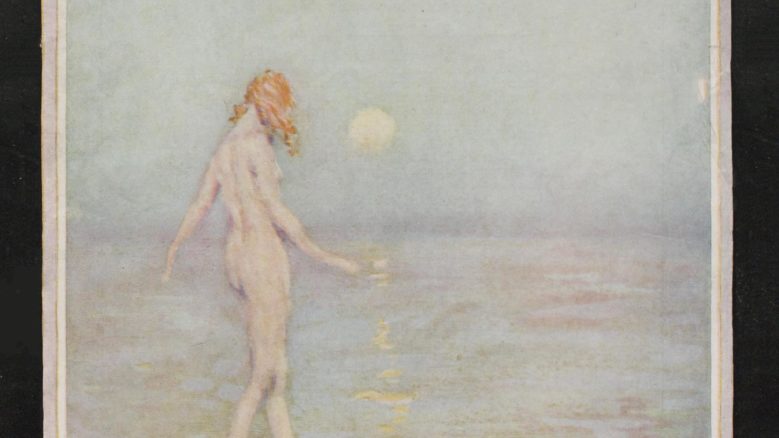
The American magazine culture of the 1910s and 1920s offered new visions of love and marriage: visions that found in old-fashioned monogamy the stuff of satire. Millay's poetry, appearing in magazine like Vanity Fair, expressed a desire for new ways to understand—and practice—sex and love. Image credit: Vanity Fair.
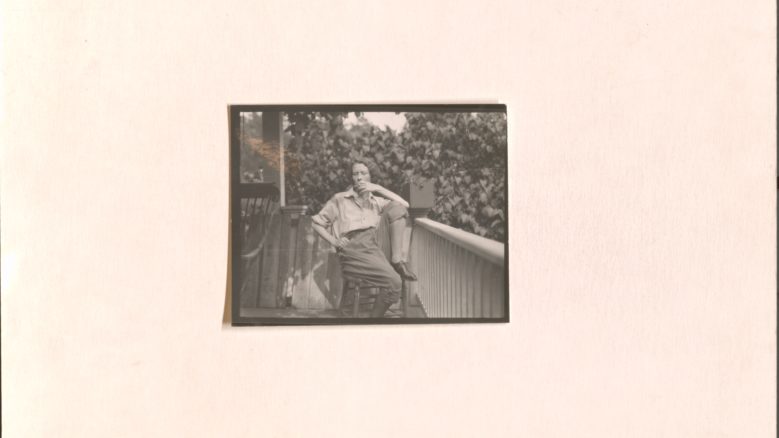
"There really was no one that we know as much about as Millay when it came to free love, and when it came to multiple affairs. She famously showed up late to an appointment with some gentlemen and said, 'Oh yeah, I've already had three trists today and so I'm a little tired.'" - Professor Jeffrey Kennedy. Image credit: Library of Congress.
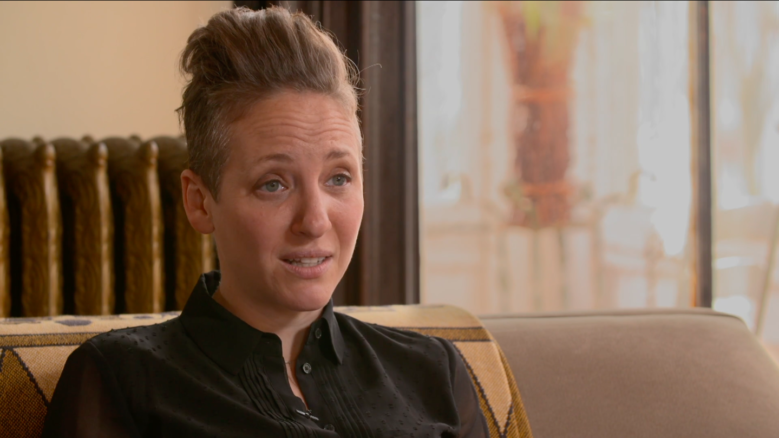
"Yes, there's humor, but there's also some gravitas to it. We're here, we're organisms. We're creating, we're living. We're dying. What you do in the interim is not that important, really, at the end of the day. At the end of the day, of the month, of the little year—it's just a brief nanosecond." - Musician and Songwriter Natalia Zukerman

Among our guests discussing Millay's "Sonnet IV" are the 2020 National Student Poets, recipients of the nation’s highest honor for young poets. National Student Poets act as youth poetry ambassadors, spreading poetry to their communities through individual service projects. These young poets are around the age Millay was when she came to prominence, and share her fresh voice and commitment to poetics.